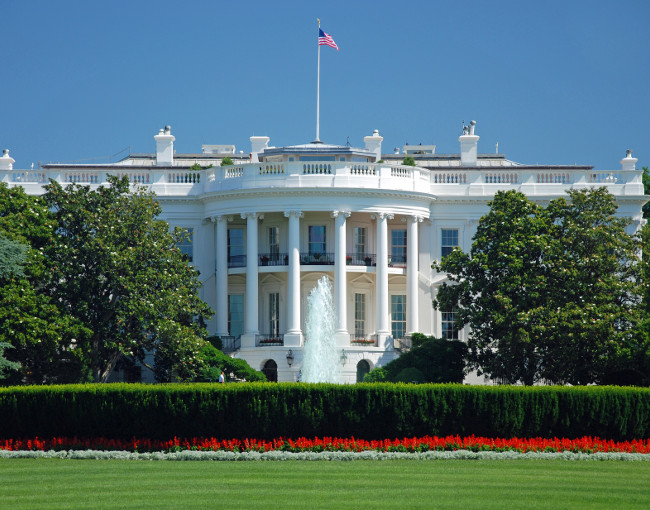Advice and consent: A constitutional requirement that the Senate approve of the President's nominees.
Arrival
The Founders included the Appointments Clause in Article II of the Constitution to provide an additional check on the President by Congress. It requires the President to seek the "advice and consent" of the Senate for nominees to the Executive and Judicial Branches. When George Washington took office as the nation's first president, he referred 102 appointments to the Senate for approval. That number has increased substantially over the years, with an estimated 1,200 positions in the Executive Branch that require Senate approval today.
La La Land
A president's cabinet nominees are almost always confirmed. Only nine cabinet nominees have ever been rejected by the Senate, though many have withdrawn after nomination. The most recent nominee to be rejected by the Senate was John Tower in 1989, George H.W. Bush's nominee to lead the U.S. Department of Defense. Even George Washington wasn't immune: One of his nominees was rejected because he had previously offended a Senator.
Historically, the Senate had held that its proper role was to confirm nominees without objection unless the nominee was grossly incompetent. But the confirmation hearings for Robert Bork to the Supreme Court in 1987, presided over by then-Senator Joe Biden as Judiciary Committee Chair, marked a turning point in the politicization of the confirmation process. Over the past 30 years, the process has grown more partisan, with nominees more frequently opposed by senators on ideological grounds.
Moonlight
After nearly a month of Senate review of President Trump's nominees to lead Executive Branch agencies, only six have been confirmed, less than half of what President Obama had achieved at the same time in his presidency. Ultimately, nearly all are expected to be confirmed by the Republican majority in the Senate given that the recent rule change (by Democrats in 2013 when they last controlled the Senate) requires only a majority vote for confirmation for all nominees other than those to the Supreme Court. That final rule change - for Supreme Court nominees to be approved by 51 rather than 60 votes - is the so-called "nuclear option." With President Trump's nomination last week of Judge Neil Gorsuch to replace the late Justice Scalia on the Supreme Court, that nuclear option could be on the table.





